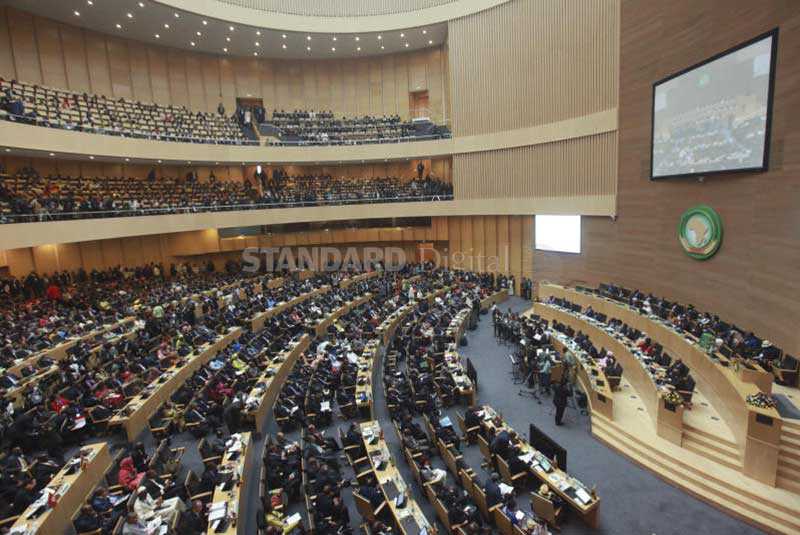×
The Standard e-Paper
Stay Informed, Even Offline

For the umpteenth time, Africa’s top diplomats are converging at Africa’s political headquarters of Addis Ababa, Ethiopia to discuss how to slay the dragon of corruption.
The series of meetings themed winning the fight against corruption, a sustainable path to Africa’s transformation, are featuring Permanent Representatives to the Africa Union (AU), foreign affairs ministers and presidents and heads of governments.